【新唐人2012年1月11日訊】大陸國家行政學院教授、「中國行政體制改革研究會」副會長汪玉凱指出,大陸當下已經形成了「權貴」、「壟斷」及「地產資源」三大利益集團,要改革,就必須還給老百姓選擇領導人的權力。
汪玉凱1月8號在北京舉辦的「中國改革(2011)年會」上提出,中國當下已經形成了三大利益集團,第一是,以官員為代表的「權貴利益群體」;第二是,以官員壟斷企業為代表的「壟斷利益群體」;第三是以房地產和資源行業為代表的「地產資源利益群體」。
汪玉凱認為,中國快速出現這樣規模的利益集團,主要是因為中共當局缺乏公平公正、部門利益氾濫,以及大量國有資產在改制中流失。
汪玉凱建議,從制度上打破不合理的利益鏈條,實行嚴格的官員財產申報制度和廣泛的選舉制度,還給老百姓選擇領導人的權力。
山東大學退休教授孫文廣:「從世界各國來看,民間來直接選舉官員,這是一種大勢所趨,不會因為少數人的反對,它就完全停滯下來,但是,這三大利益集團肯定是對這個選舉持抵制的態度,因為這個損害他們的既得利益,這些利益集團就希望由上級來認領官員,甚至包括領導代表,他們來任命。」
「深圳當代社會觀察研究所」所長劉開明也表示,選舉權只是終止政治權力的一部分,還必須有相應的公民政治權力,包括公民對領導人的評判,領導人公開個人財產,政府公開財政開支和財政預算,讓公民有選擇監督能力。
「深圳當代社會觀察研究所」所長劉開明:「其中最重要的是公民的政治參與,政治參與是包括選舉在內的一系列政治參與,沒有這個自下而上的壓力,我覺得是不可能突破這個利益集團的。」
劉開明表示,中國現在的選舉制度有名無實,不是真正由民眾決定,中國仍然是一個威權統治國家。
反觀海峽對岸的台灣,從威權國家成功轉型到民主國家,選舉已經成為公民的義務。目前正值台灣總統大選前夕,大街小巷都可以看到候選人彎腰低頭,向選民握手拜託要選票,而民眾可以透過選舉,選出心目中理想的政治人物。
「深圳當代社會觀察研究所」劉開明:「實際上台灣已經是一個高度民主的地區,中國可以說還沒有開始,在政治上,我們(中國)基本上還保留在斯大林前蘇聯這個黨國一體的政治體制裡面,這裡面所有的決策,所有的政治參與,是由黨來決定,而不是由民眾來決定,所以這個問題沒有改革的話,中國的民主政治是不可能開啟。」
《世界人權公約》規定:「人民的意志是政府權力的基礎﹔這一意志應以定期的和真正的選舉予以表現,而選舉應依據普遍和平等的投票權,並以不記名投票或相當的自由投票程序進行。」
山東大學退休教授孫文廣:「60年來他們(中共)的官員一直是任命的,那麼人民代表是一個擺設, 民眾對官員的任免沒有任何的發言權,沒有任何表達的形式,那麼官員必定是不受制約,不受制約的權力,就製造腐敗。」
中國人權律師郭國汀給合法政權的標準是:主權在民。他認為,凡符合這個標準的政權就是合法的,反之,就不合法。
新唐人記者代靜、黃容、王明宇採訪報導。
****************
China's Scholar Appeals For People's Right To Vote
Wang Yukai, professor at National School of Administration
and China' Administrative System Reform Association deputy,
said that China has formed three major interest groups,
of dignitaries, monopolists, and real estate & resources' group.
Reform can be implemented only when the people
are given their right to free and fair elections.
At 2011 Annual Meeting on China's Reform, held in Beijing
on January 8, Prof. Wang Yukai put forward his views.
Today's China has three major interest groups, including
dignitaries, monopolists, and real estate & resources' group.
The dignitaries' interest groups are represented by officials
of the Chinese Communist Party (CCP) in the political arena.
The monopoly interest groups are represented
by officials, monopolizing the enterprises.
And the real estate & resource interest groups include
officials in the real estate sector and resources industry.
Prof. Wang reviewed the reason of the rapid emergence
of such large-scale interest groups in China.
It is due to CCP authorities' lack of justice, departmental
interests' abuse and extensive national property losses, incurred during state-owned enterprises restructuring.
Prof. Wang gave some suggestions, including breaking
the illegal interests' chains in the institutional system;
caring out strict official property declaration system;
and introducing broad-based electoral system,
returning people the right to vote for their leaders.
Sun Wenguang (Retired professor, Shandong University):
"The direct election of officials is a world's leading trend.
It won't disappear just because of opposition parties' minority.
The three interest groups certainly boycott the direct elections,
for it'll harm their vested interests.
These groups wish that all the official nominations, including
leaders representatives, are decided by high-ranking officials."
Liu Kaiming, director of the Institute for Contemporary
Observation in Shenzhen, comments on the issue.
The right to vote can restrict the political power
only to a certain degree, thinks Liu Kaiming.
There must be corresponding civic political rights, like citizens'
supervision of elections and leaders' work, transparency of public funds use, of leaders' ownership, etc.
Liu Kaiming: "The most important factor is citizens' right
to participate in politics.
The right, including elections,
covers a series of political participations.
If there is no such kind of bottom-up pressure,
I don't think the interest groups' barriers can be overcome."
Liu Kaiming said that the current electoral system in China
exist in name only, there is not true civic election system.
China is still a country under authoritarian regime.
In contrast, Taiwan has successfully transformed
from an authoritarian state into a democratic country.
Elections have become a civic duty there.
Now Taiwan is nearing presidential elections, and candidates
can be seen on the streets, trying to gain voters' support.
By freely casting their votes, the Taiwan people can elect
the leader of their choice.
Liu Kaiming: "Taiwan is actually a highly democratic region,
China hasn't begun that journey yet.
China is still an integral party-state political system,
the same as that of former Soviet Union.
All the decisions and the political participations
are determined by the CCP, instead of the people.
So if this issue is not addressed,
China won't have democratic politics."
The Universal Declaration of Human Rights says: "The will
of the people shall be the basis of the authority of government;
this will shall be expressed in periodic and genuine elections
which shall be by universal and equal suffrage and
shall be held by secret vote or by
equivalent free voting procedures."
Prof. Sun: "Over the past 60 years, CCP's regime appointed
all officials; people's representatives are only a showcase.
The population do not have a say in the appointment or
removal of officials, nor do they have a form of expression.
The CCP officials surely possess unsupervised power,
that helps them breed corruption."
Guo Guoting, Chinese human rights lawyer, defines
a regime as legal if “sovereignty belongs to the people.”
Should a regime meet this criterion, it is deemed legitimate,
otherwise, it is illegal.
NTD reporters Dai Jing, Huang Rong and Wang Mingyu
看下一集
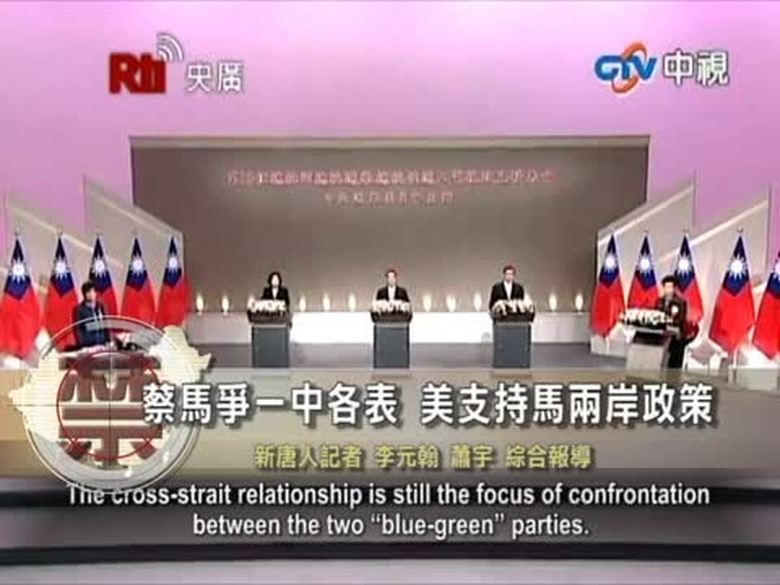
【禁聞】蔡馬爭一中各表 美支持馬兩岸政策
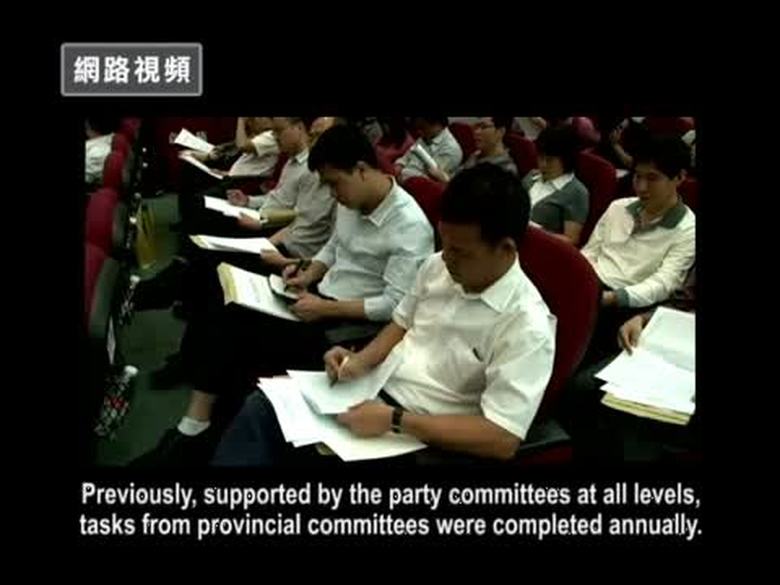
【禁聞】國企拒訂黨報 說明甚麼信號?
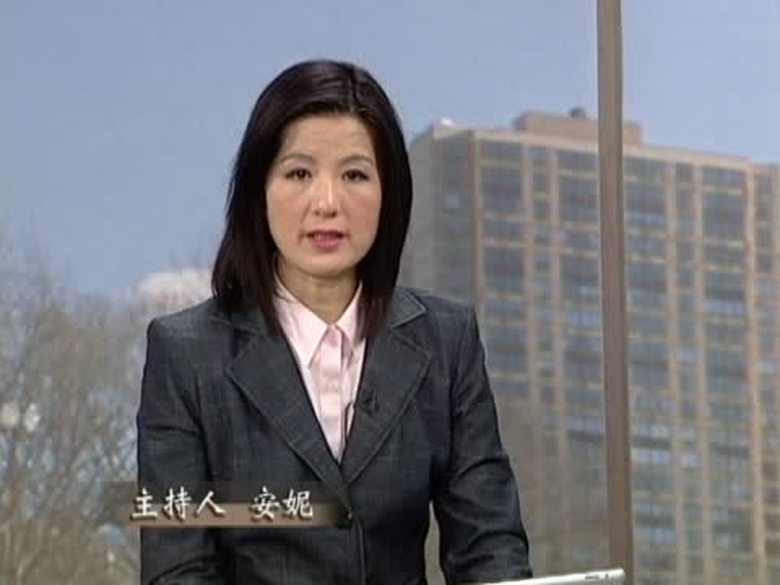
【禁聞論壇】中國金融界的醜聞
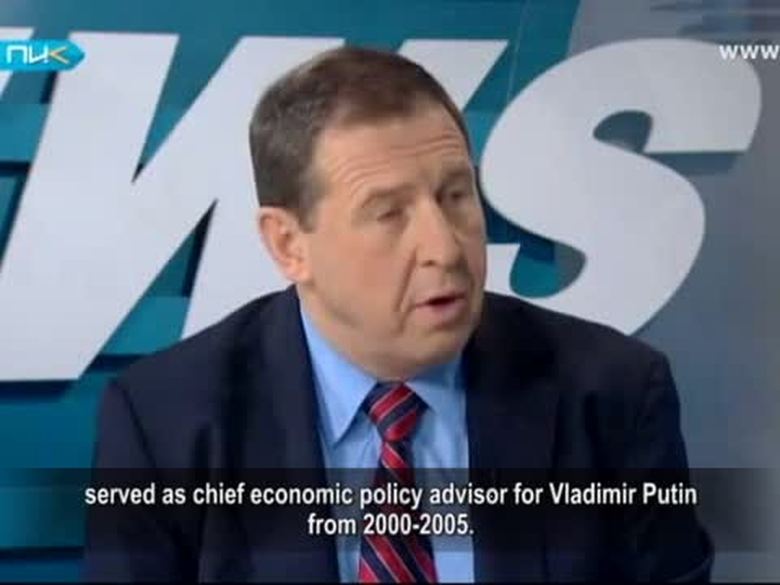
【禁聞】普京前顧問:中國退黨潮是重大事件
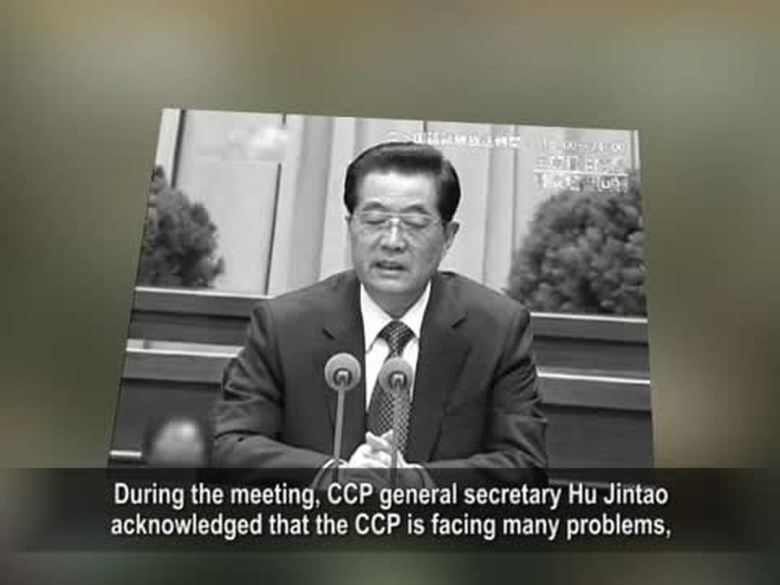
【禁聞】18大前 胡錦濤談換屆紀律有乾坤?
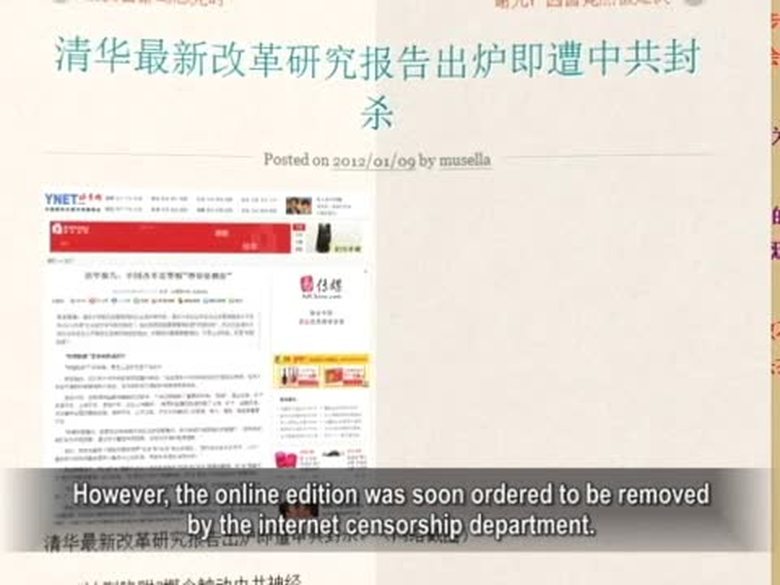
【禁聞】清華大學報告﹕「維穩」綁架改革
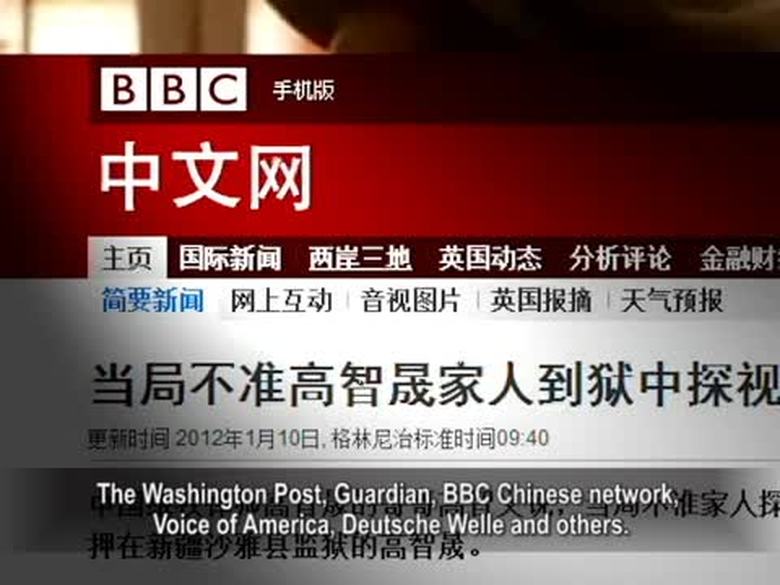
【禁聞】高智晟安危引世界聚焦沙雅
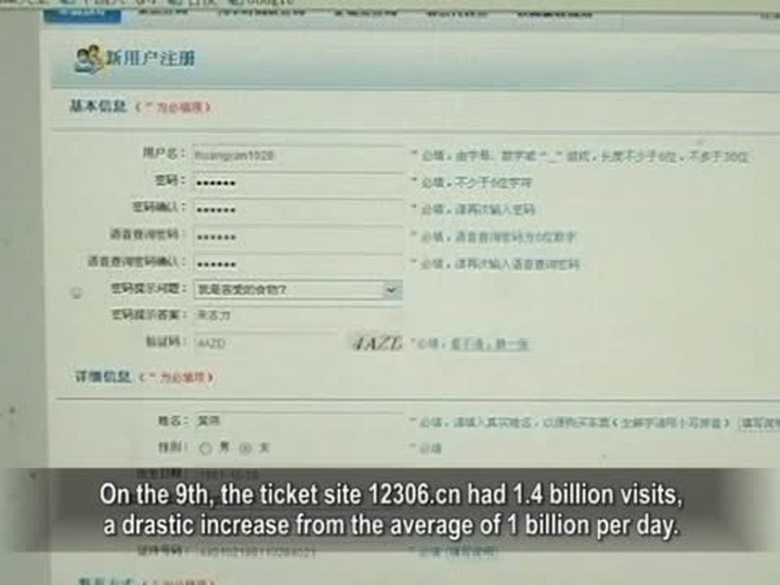
【禁聞】訂票網站近癱瘓 國企壟斷被詬病
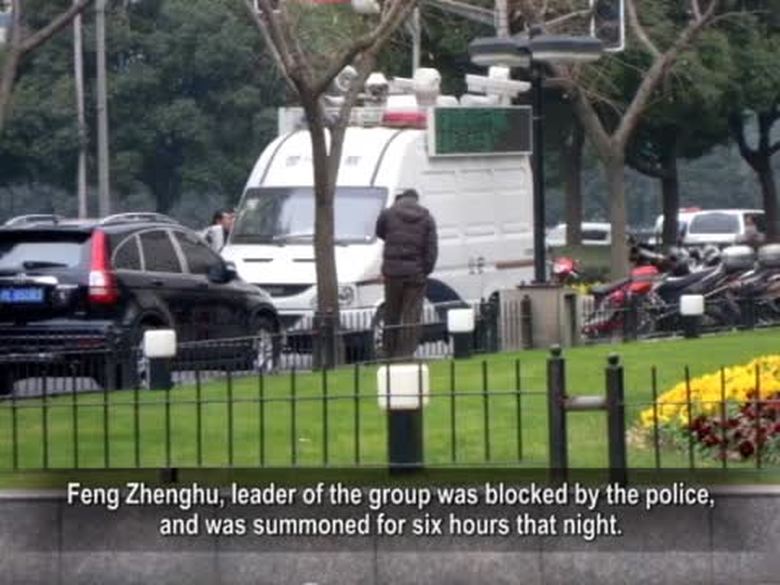
【禁聞】民眾請願示威 地方人大「刁民論」
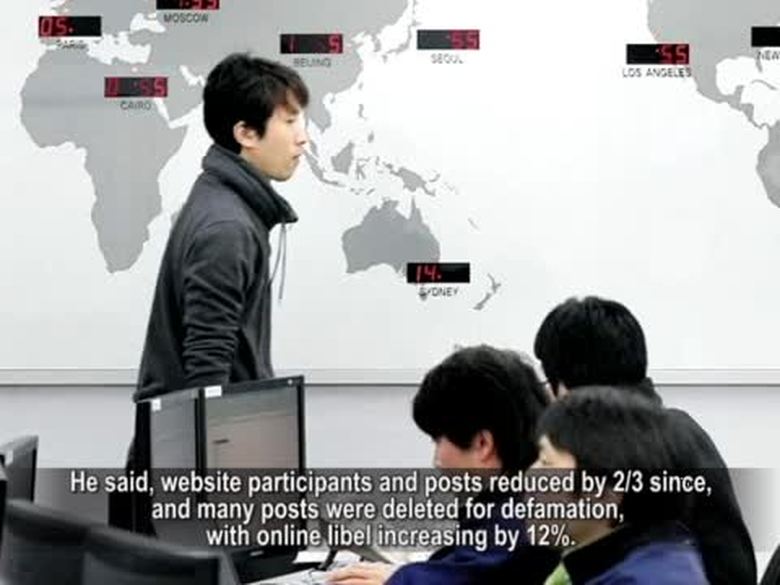
【禁聞】韓國實名制叫停 中共實名遭質疑
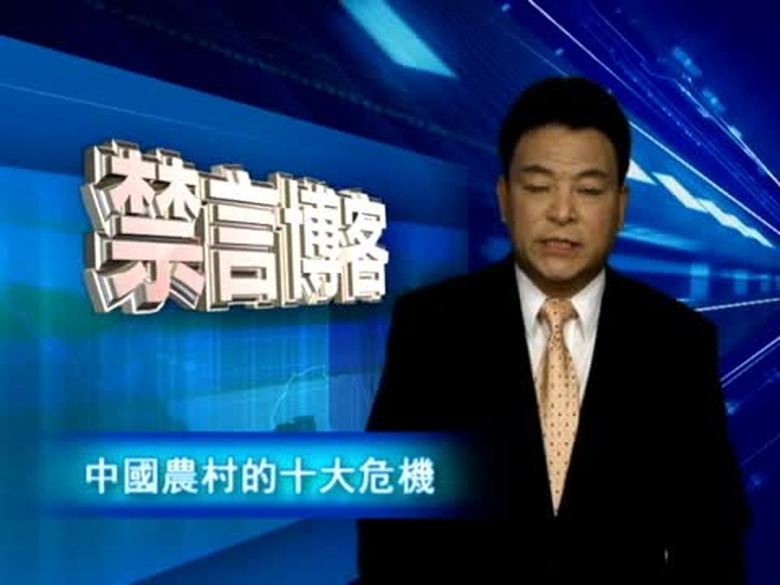
【禁言博客】中國農村的十大危機
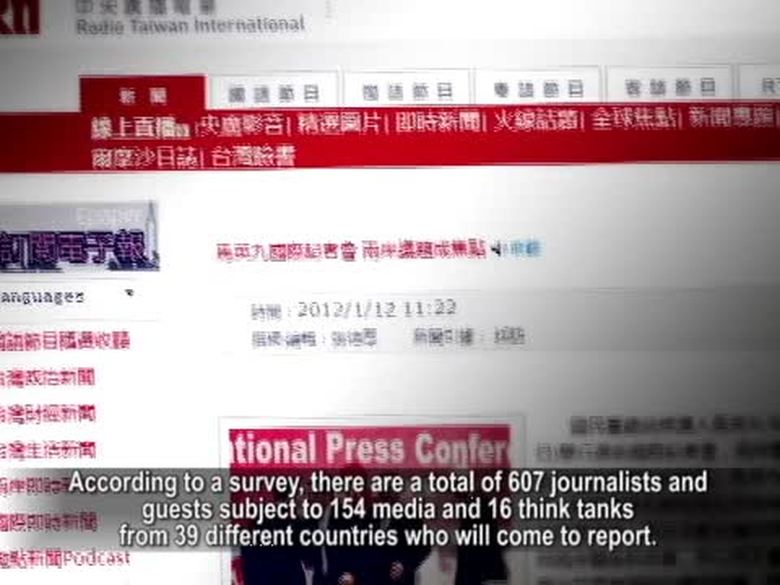
【禁聞】台灣大選倒計時 選民抉擇兩岸未來
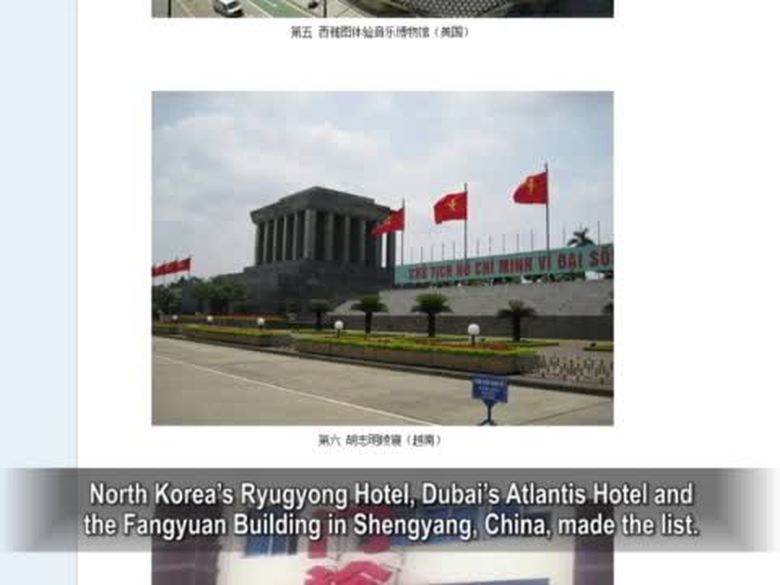
【禁聞】瀋陽方圓大廈上「全球最醜」建築榜
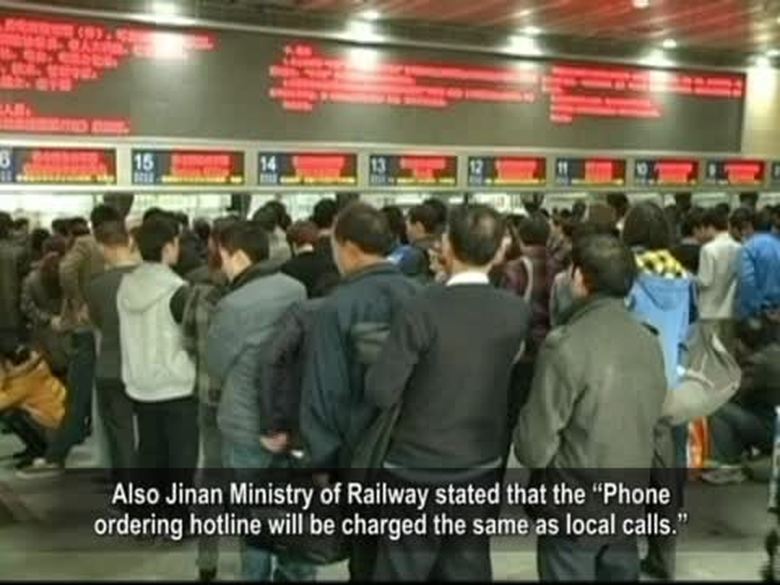
【禁聞】電話訂票收信息費 鐵道部被批搶錢
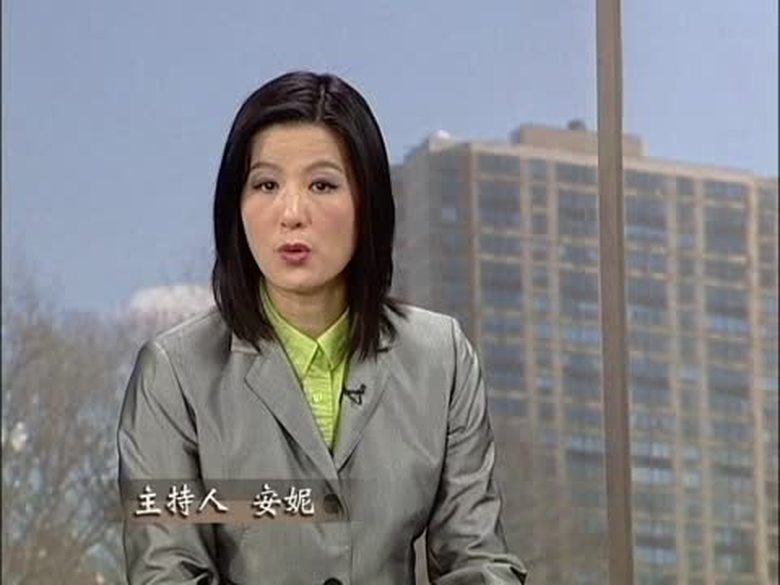
【禁聞論壇】人民幣匯率的背後
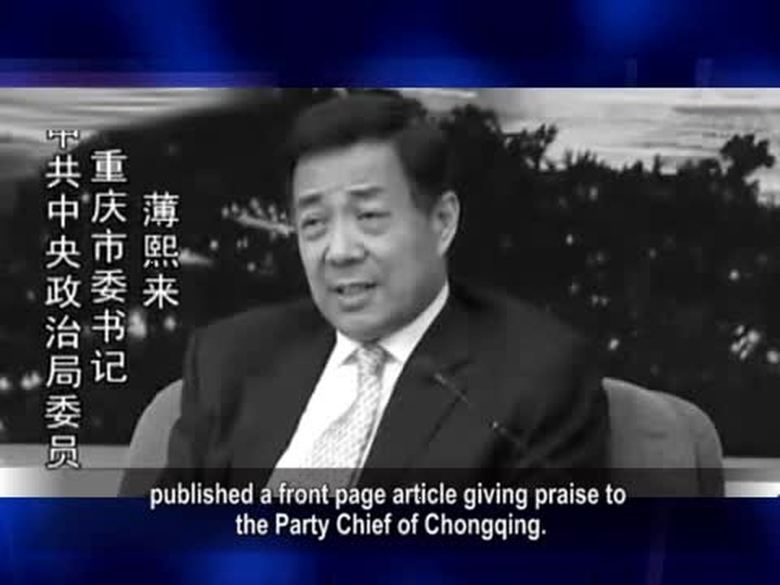
【禁聞】薄熙來受力領先 汪洋出招反擊








